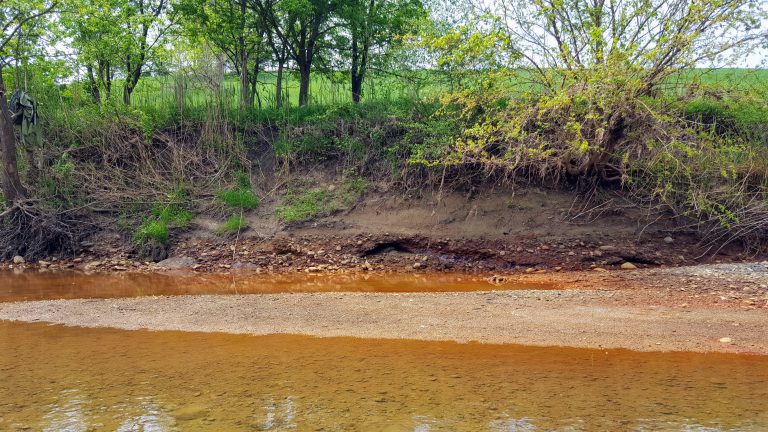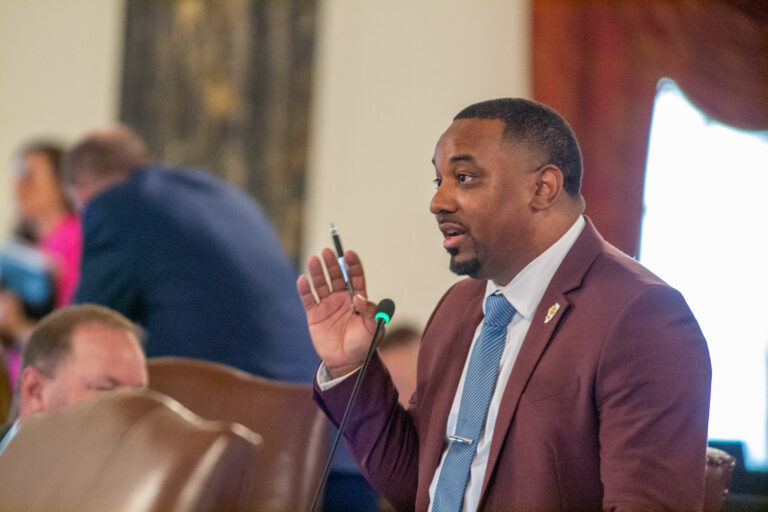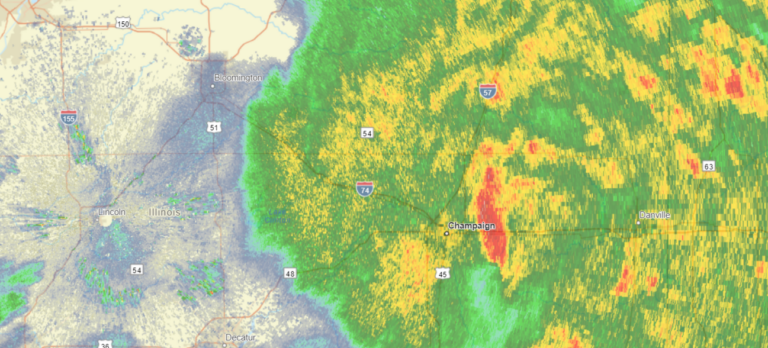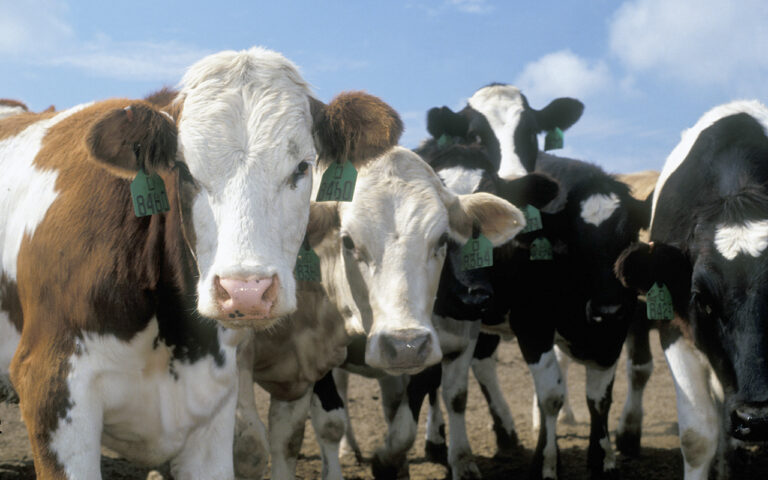SPRINGFIELD – The Illinois EPA (IEPA) testified last week in defense of proposed coal ash rules before the Illinois Pollution Control Board and the public.
The rules would specify how the agency cleans up sites under the Coal Ash Pollution Prevention Act passed last year. That includes the cleanup and closure of coal combustion residual surface impoundments, or coal ash ponds—the result of coal-fired power plants leaking heavy metals into surrounding soil and groundwater.
IEPA has identified 73 such sites in Illinois. Many of those sites are located near lakes or rivers, like the Vistra Power Plant near the Middle Fork of the Vermilion River.
A 2018 Sierra Club report ranked Illinois as first in the nation when it comes to the total number of coal ash ponds. Indiana, Kentucky and Missouri all rank high in the list of states with a widespread coal ash legacy.
IEPA filed the proposed rules in March of this year. While the agency has historically monitored groundwater in the state, these rules would be the first to lay out detailed regulations specific to coal ash ponds, says Andrew Rehn, a water resources engineer with Champaign-based environmental advocacy group Prairie Rivers Network.
“The tools that the EPA has to address the [coal ash] problem are the same tools they have everywhere else, not really specific to coal ash ponds,” Rehn says. “So what [they’re] doing is developing rules that really fit a coal ash pond problem.”
The proposed rules outline how the agency would design, operate and monitor coal ash ponds or pits. But environmental groups say the proposed rules are lacking, especially when it comes to regulating coal ash that stays in contact with water. Coal ash that’s stored in ponds or near bodies of water has a higher risk of contaminating groundwater, the groups argue, and the proposed rules aren’t strict enough to prevent that.
Landfills filled with coal ash are another problem that IEPA still hasn’t addressed, Rehn says, and failing to include them in the proposed rules would be an environmental setback.
“We also want the Illinois Pollution Control Board to take up the regulation of landfills and dumps in addition to the regulation of the ponds,” Rehn says. “We think it’s a missed opportunity if we just solve part of the problem without solving the whole thing.”
There are at least a dozen landfills in Illinois that leak coal ash into the surrounding environment that aren’t included in IEPA’s proposed rules, Rehn says.
Environmental groups also want precautions for clean-up workers to prevent exposure to coal ash dust. Without proper protective gear, clean-up workers are at risk of getting sick or even dying when exposed to coal ash, which can contain things like lead, cadmium and mercury.
Rehn also wants an increased focus on communities hit especially hard by coal ash pollution, poverty and racial injustice.
“We want to make sure that environmental justice communities, so communities that have been impacted the most historically, are prioritized and protected in the rule so that they don’t get left behind and in fact we get a chance to right some of our wrongs,” Rehn says.
The August hearings are part of the process in which the Illinois Pollution Control board reviews IEPA’s testimony, as well as testimony from industry groups, environmental groups and the public before approving the rules. It’s still too early for the Pollution Control Board to comment on whether the proposed rules will be changed or accepted.
“We would anticipate that in the next month, we’re going to see a lot more information [from stakeholders] come in,” says Marie Tipsord, General Counsel with the Illinois Pollution Control Board. “Once we gather all that information, we’ll know what issues may or may not need to be addressed.”
More hearings are scheduled for October, and will include public comment. The Pollution Control Board will make a final decision by March 2021, one year after the IEPA filed its proposed rules.







